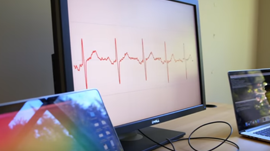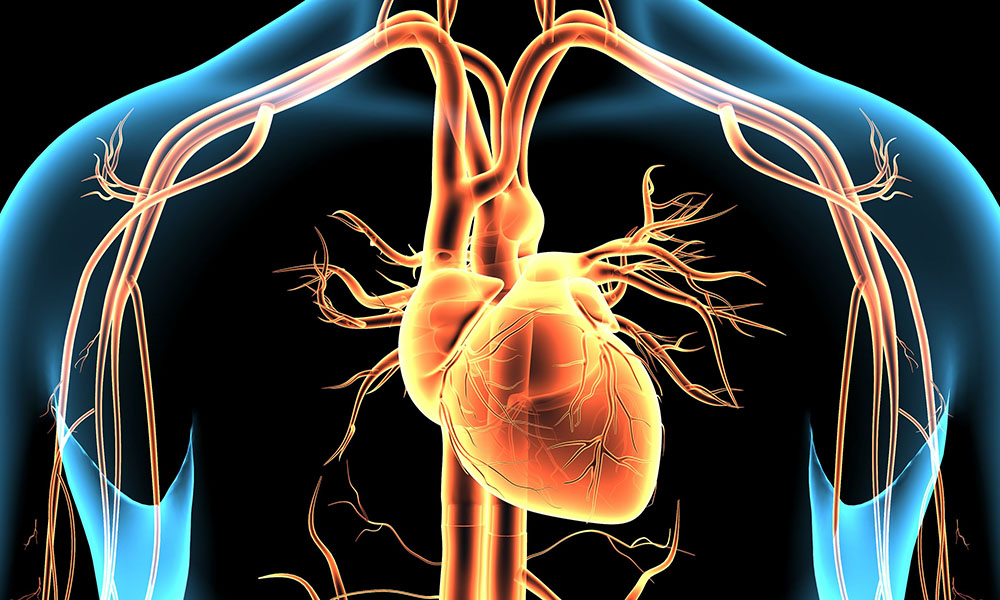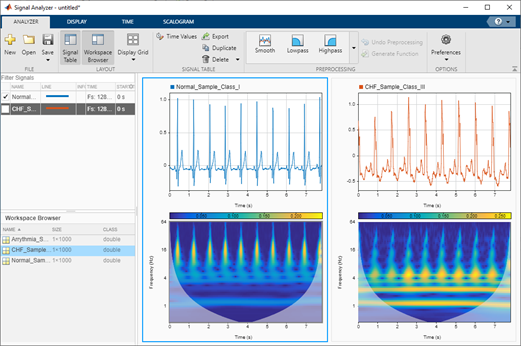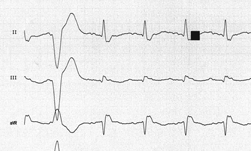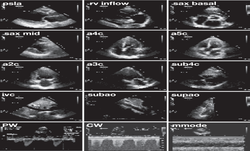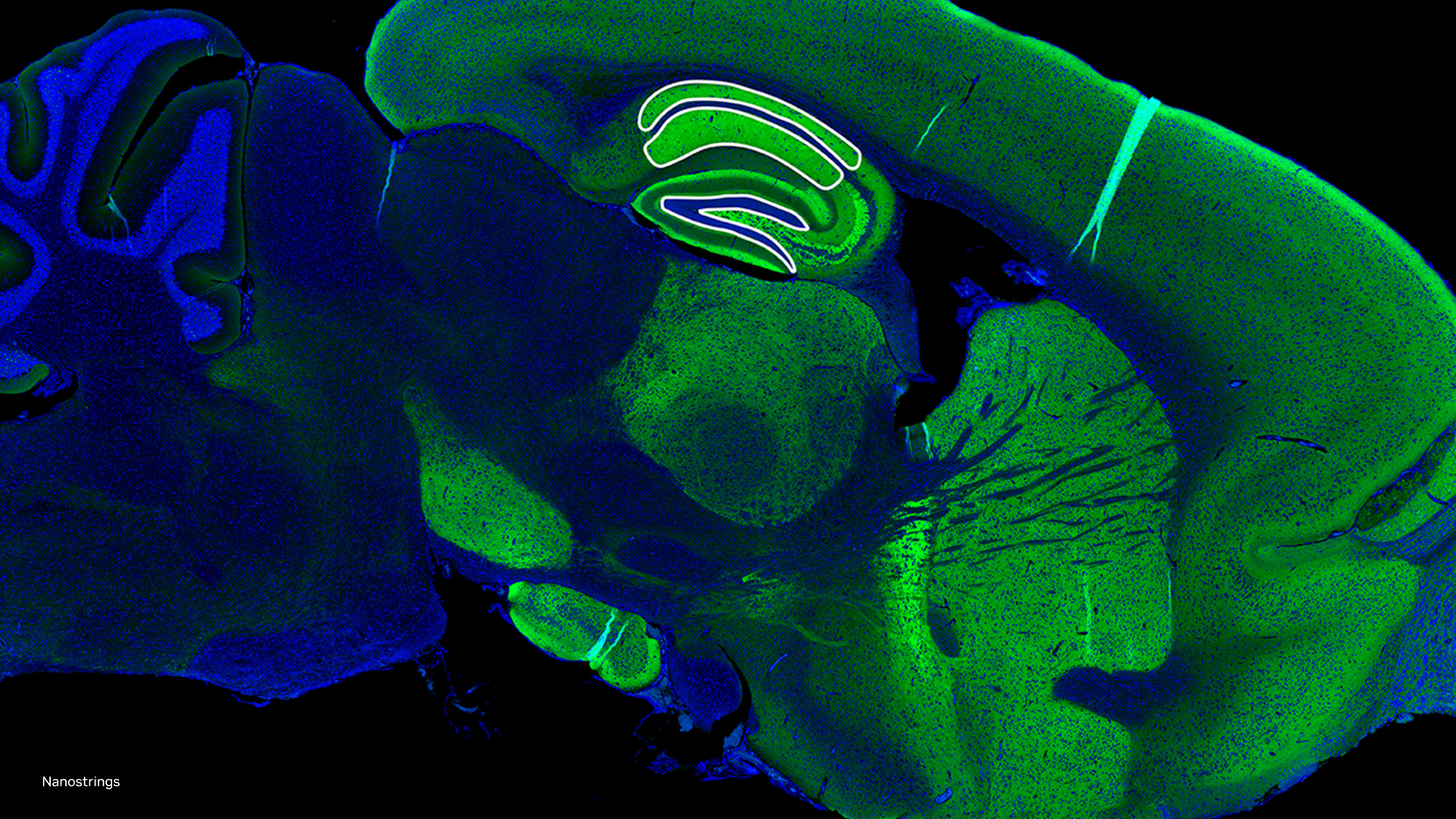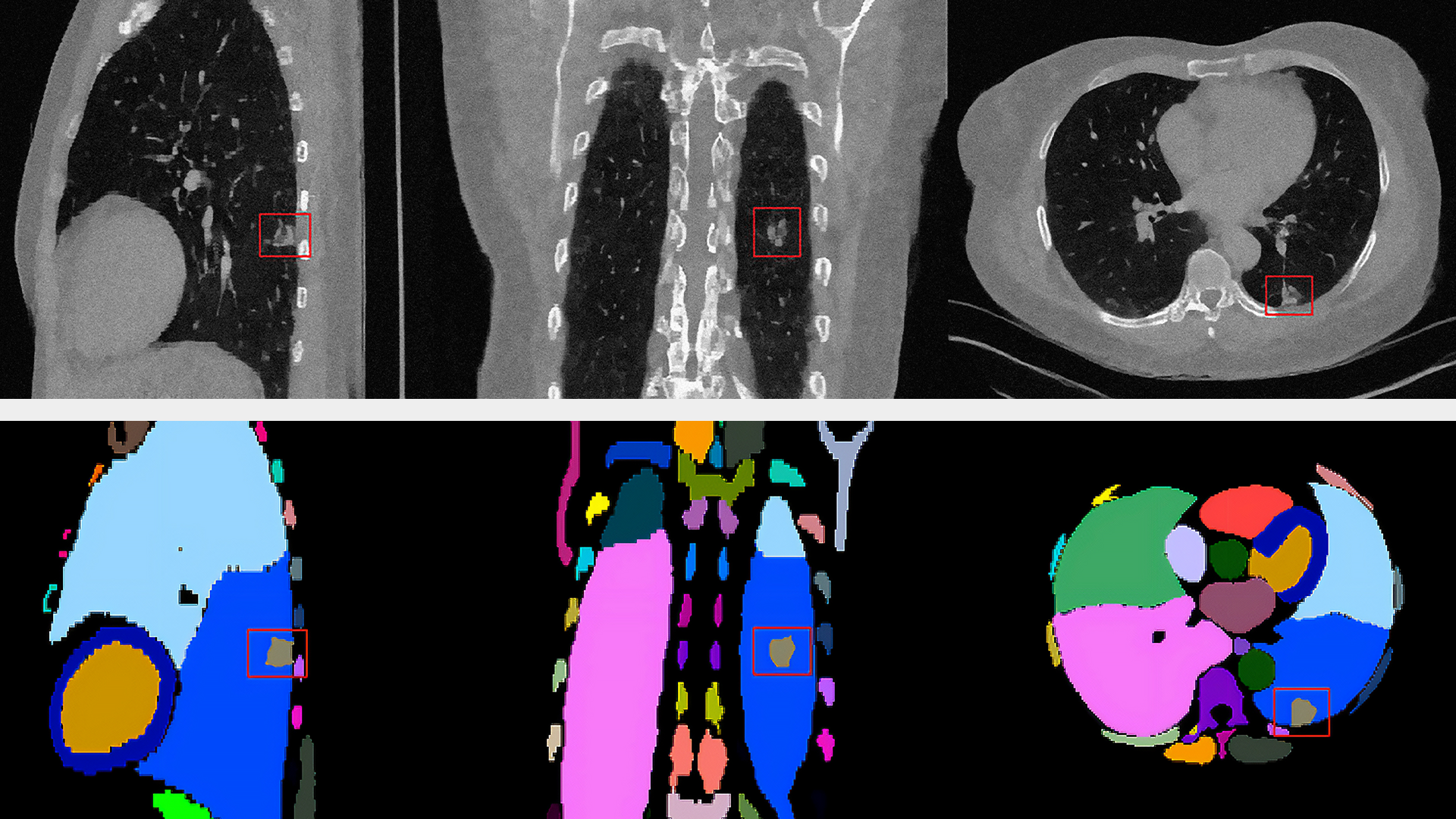Stanford researchers developed a deep learning algorithm that can diagnose 14 types of heart rhythm abnormalities with cardiologist-level accuracy.
They are able to identify irregular heartbeats, called arrhythmias, from sifting through hours of heart rhythm using electrocardiogram (ECG) signals generated by wearable monitors – which can be used to speed diagnosis and improve treatment for people in rural areas.
Currently, a cardiologist inspects hundreds of hours of data from a wearable ECG to look for problematic arrhythmias and some are extremely difficult to differentiate from harmless heartbeat irregularities.
“One of the big deals about this work, in my opinion, is not just that we do abnormality detection but that we do it with high accuracy across a large number of different types of abnormalities,” said Awni Hannun, a graduate student and co-lead author of the paper. “This is definitely something that you won’t find to this level of accuracy anywhere else.”
Using GTX 1080 GPUs and the cuDNN-accelerated TensorFlow deep learning framework, the group, led by Andrew Ng, trained their algorithm on data collected from iRhythm’s wearable ECG monitor.
The researchers then put their algorithm to test against six cardiologists and they found it to be competitive with the experts, and able to outperform cardiologists on most arrhythmias.
“There was always an element of suspense when we were running the model and waiting for the result to see if it was going to do better than the experts,” said Rajpurkar. “And we had these exciting moments over and over again as we pushed the model closer and closer to expert performance and then finally went beyond it.”
They hope the algorithm can one day provide expert-level arrhythmia diagnosis for people who don’t have access to a cardiologist.
Read more >
Related resources
- GTC session: Diagnosis Enlargement of Left Atrial Size using 12-Lead Electrocardiogram
- GTC session: How Artificial Intelligence is Powering the Future of Biomedicine
- GTC session: Accelerate Model Training on Car Accident Data
- NGC Containers: BodyMarker/PhenoBody
- SDK: MONAI Cloud API
- Webinar: Accelerate AI Model Inference at Scale for Financial Services
